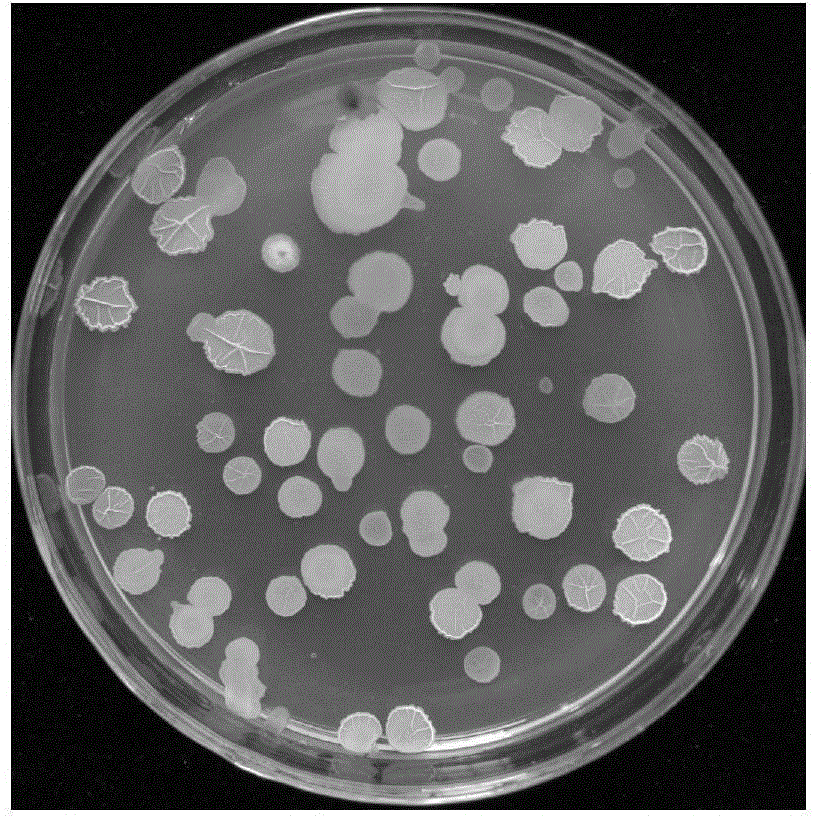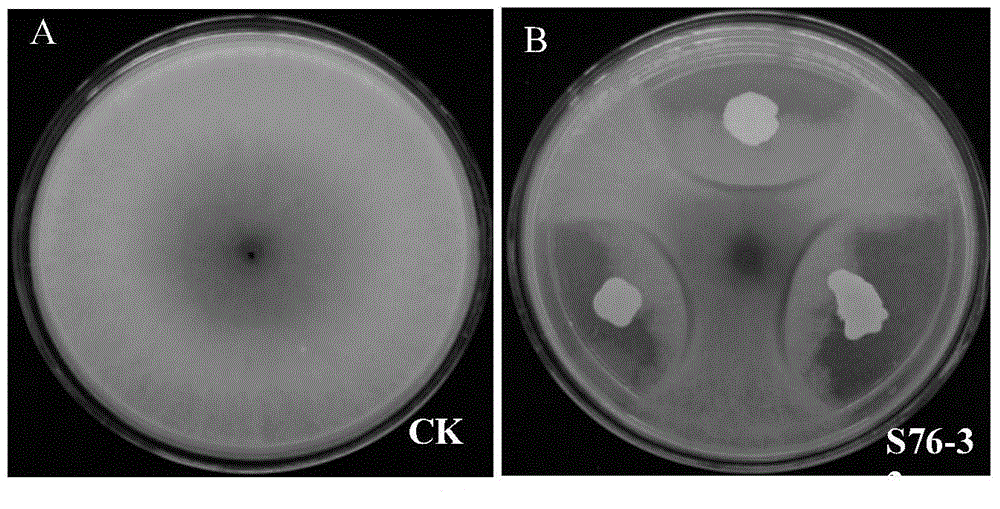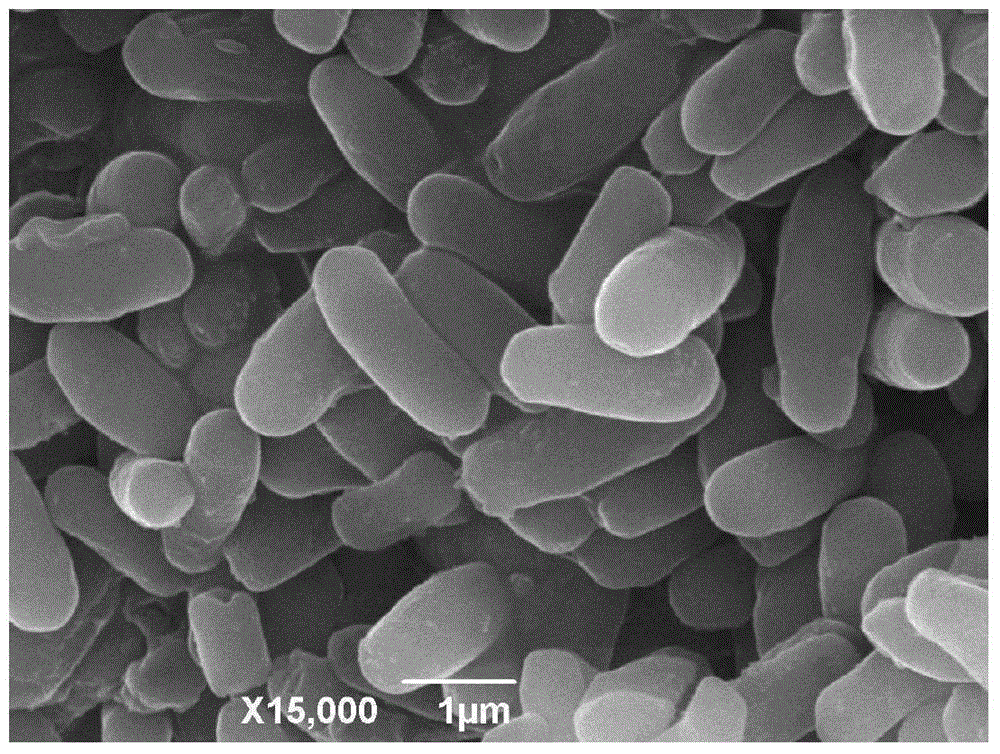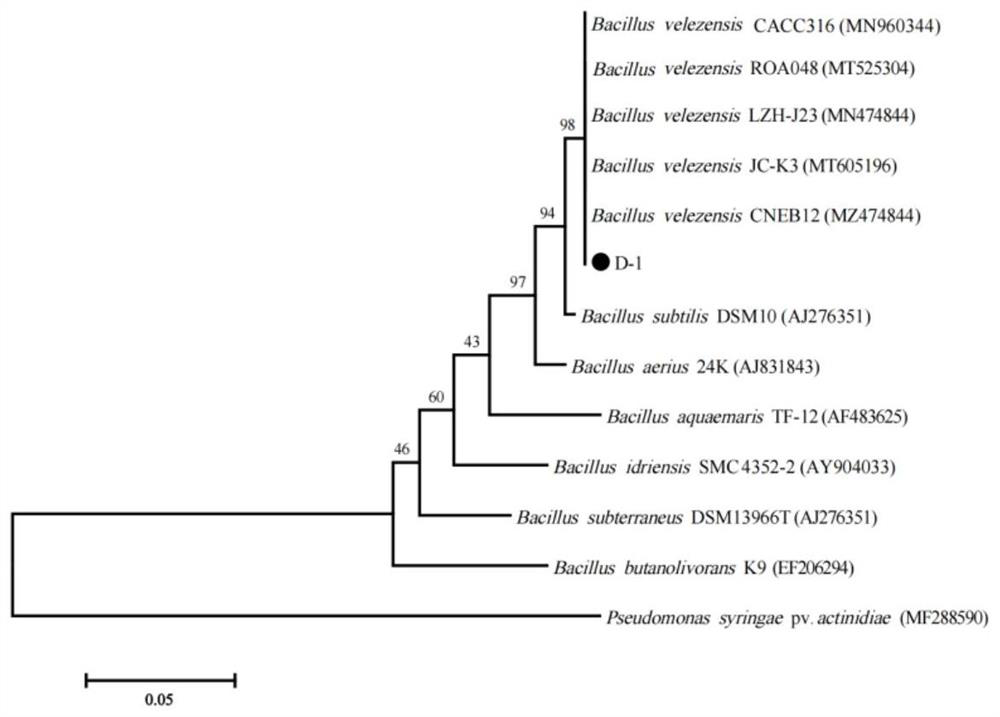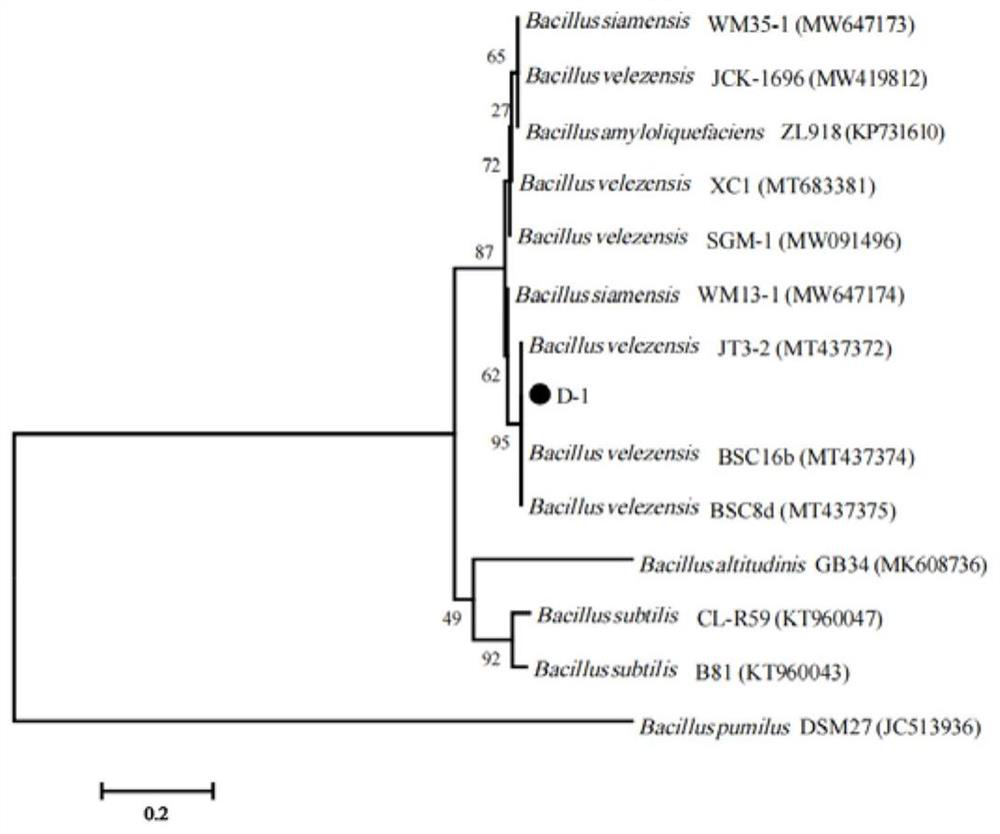Patents
Literature
Hiro is an intelligent assistant for R&D personnel, combined with Patent DNA, to facilitate innovative research.
2 results about "Fusarium" patented technology
Efficacy Topic
Property
Owner
Technical Advancement
Application Domain
Technology Topic
Technology Field Word
Patent Country/Region
Patent Type
Patent Status
Application Year
Inventor
Fusarium /fjuˈzɛəriəm/ is a large genus of filamentous fungi, part of a group often referred to as hyphomycetes, widely distributed in soil and associated with plants. Most species are harmless saprobes, and are relatively abundant members of the soil microbial community. Some species produce mycotoxins in cereal crops that can affect human and animal health if they enter the food chain. The main toxins produced by these Fusarium species are fumonisins and trichothecenes. Despite most species apparently being harmless (some existing on the skin as commensal members of the skin flora), some Fusarium species and subspecific groups are among the most important fungal pathogens of plants and animals.
Bacillus amyloliquefaciens capable of preventing and treating wheat scab and application thereof
ActiveCN104673705AImprove environmental safetyGood inhibitory effectBiocideBacteriaTriticeaePlant disease
Owner:HUAZHONG AGRI UNIV
Bacillus velezensis D-1 as well as preparation and application thereof
ActiveCN114107124AStrong antagonistic effectHas antagonistic activityBiocideBacteriaBiotechnologyPlant disease
Owner:JIANGXI AGRICULTURAL UNIVERSITY
Popular searches
Who we serve
- R&D Engineer
- R&D Manager
- IP Professional
Why Eureka
- Industry Leading Data Capabilities
- Powerful AI technology
- Patent DNA Extraction
Social media
Try Eureka
Browse by: Latest US Patents, China's latest patents, Technical Efficacy Thesaurus, Application Domain, Technology Topic.
© 2024 PatSnap. All rights reserved.Legal|Privacy policy|Modern Slavery Act Transparency Statement|Sitemap
